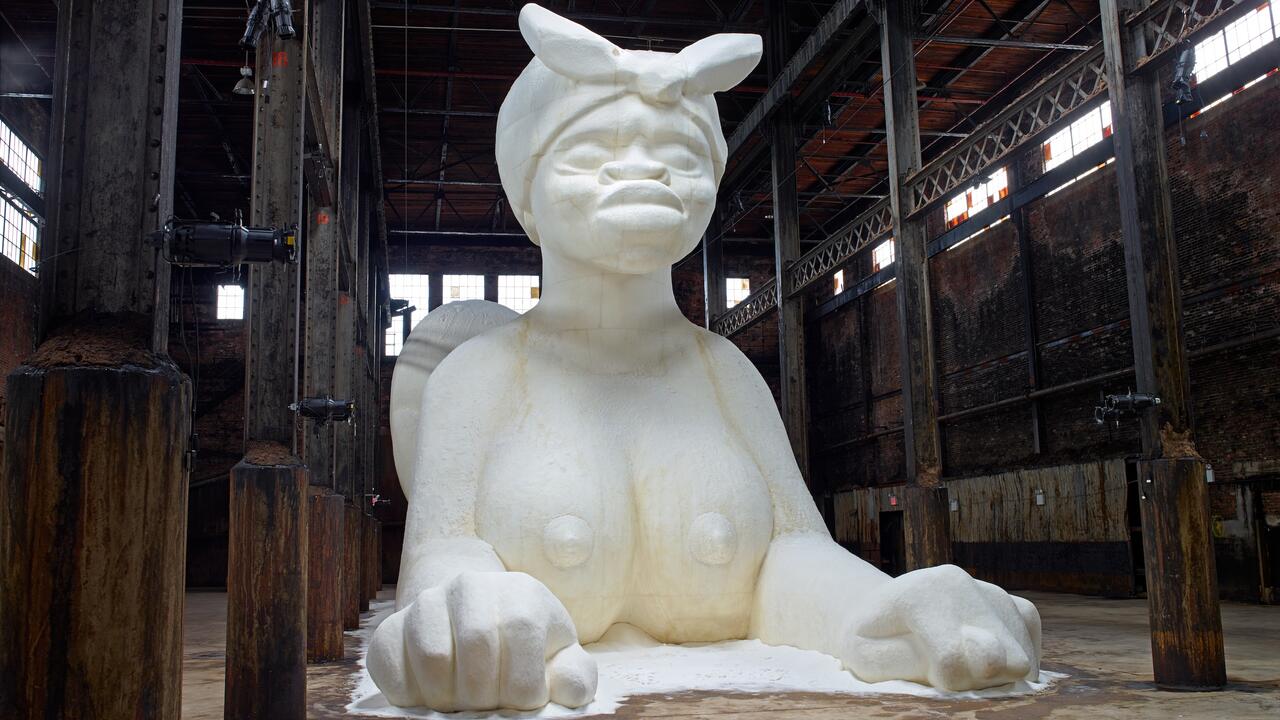Weekend Reading List
Reclaiming leisure, and the enduring influence of Stuart Hall: what to read this weekend
Reclaiming leisure, and the enduring influence of Stuart Hall: what to read this weekend

- As part of a series of conversations with artists and critical thinkers on the question of violence, the Los Angeles Review of Books interviews British filmmaker John Akomfrah about recycling archive footage, the influence of Stuart Hall, and blurring the boundaries: ‘We are living through a moment when the absurd threatens to colonize the real.’
- And while we’re on the subject of Stuart Hall, professor Jeremy Gilbert frees democratic cosmopolitanism from neoliberal cosmopolitanism, through a reflection on the Brexit-Trump crisis and the enduring relevance of Hall’s ideas.
- We’ve woken up in the UK to astounding news that Theresa May’s snap election has backfired, with the country facing a hung parliament. On the LRB blog, Glen Newey writes on May’s failure of judgement, and the extent of Labour leader Jeremy Corbyn’s achievement: ‘This is the death-rattle of new Labour’.
- Over on the Verso Books blog, Huw Lemmey considers political image-making through Hannah Höch, John Heartfield and Bertolt Brecht.
- Adam Greenfield’s Guardian longread asks: who is the ‘internet of things’ good for? Interconnected technology, from our mobile phones to the ’smart city’, is inescapable, and offers new possibilities, but we should be critical of the promise that it will benefit us all.
- In the latest issue of the Baffler, Miya Tokumitsu continues this train of thought, noting how technology has not only failed to free us from toil, and instead increased our workloads, but has also taken control of leisure: as neoliberalism erodes happiness, it steers our interests towards confirmation of experience via external assessment (smartphones, Apple watches, faves and shares).
- And in issue 188 of frieze, out now, Susanne von Falkenhausen considers how pressure on the art world to respond to political crises has pushed curators towards defining art’s mission in increasingly political language – what are the consequences as the rhetoric of ‘authenticity’ makes a comeback?





















